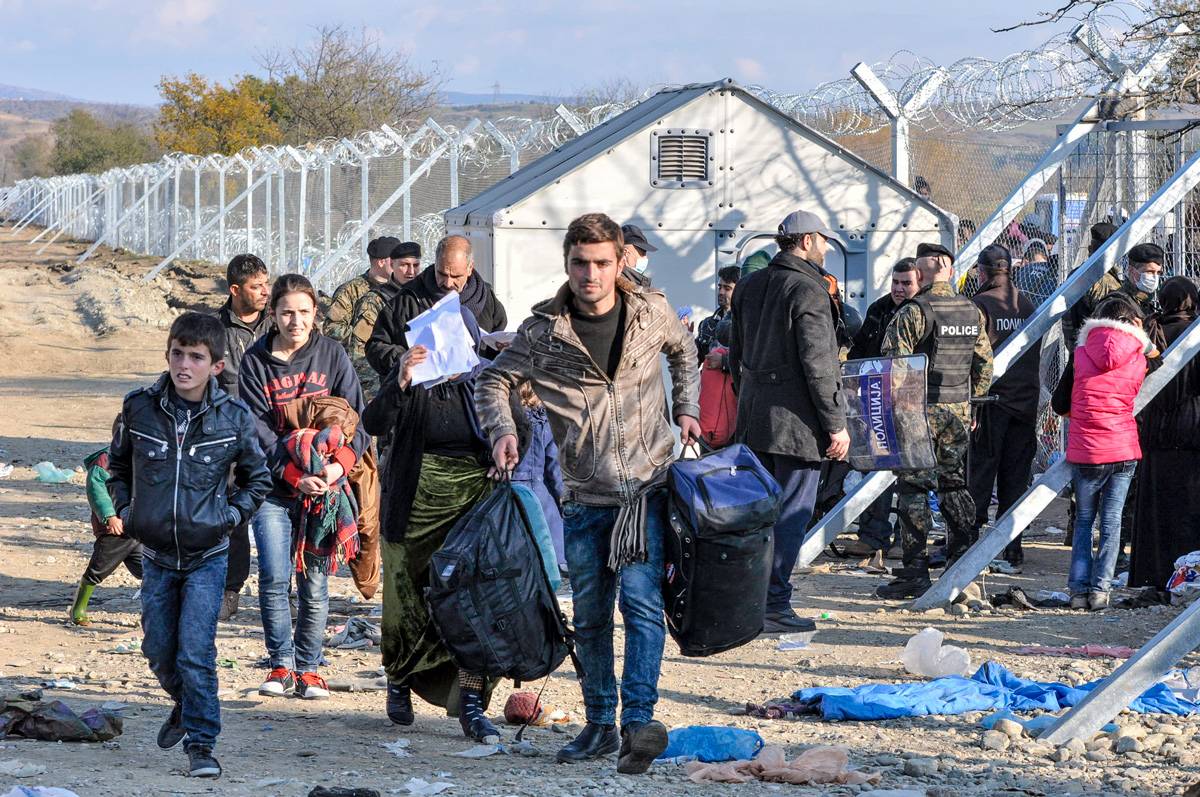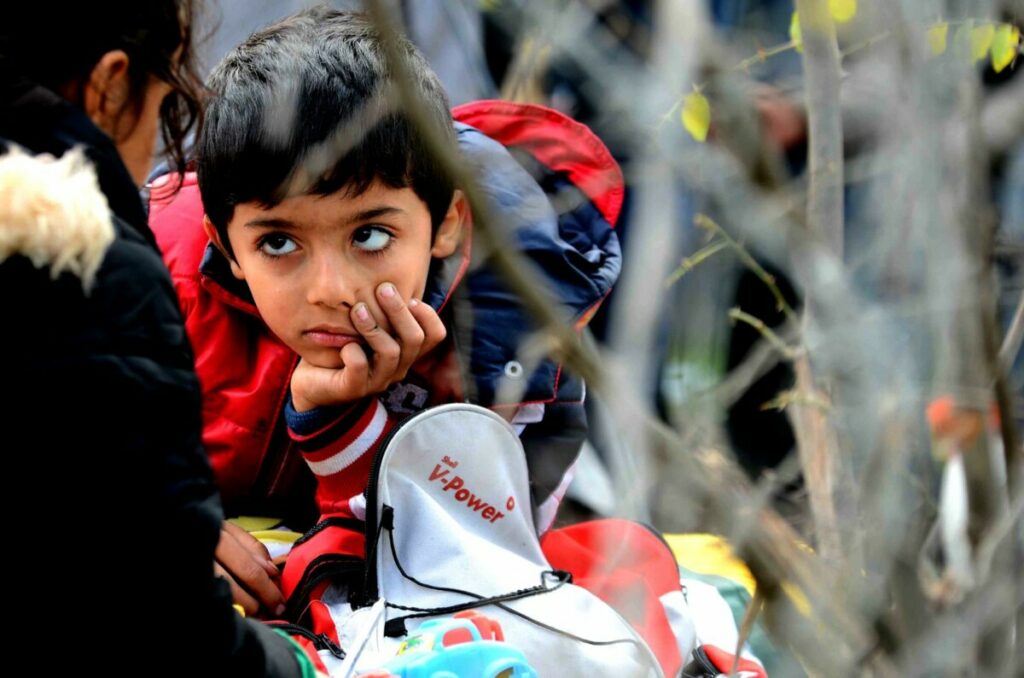European agreement: As much as they don't want to, countries will still have to accept asylum seekers

Macedonia has a problem with the return, that is, the readmission of migrants. It can win only if the agreement is respected by all and in its entirety, otherwise it will only benefit migrant smugglers, whose "business" will double, believes Vladimir Pivovarov, national coordinator for border management.
A difficult but historic decision. This is how most EU interior ministers described the deal on a radical reform of migration and asylum laws reached after 12 hours of negotiations in Luxembourg.
This historic approach or flexible solidarity, as it is called, obliges member states to accept a certain number of asylum seekers who have arrived in one of the member states under migratory pressure. Those member states that refuse to accept a certain number of migrants will have to financially support the country under migration pressure. The financial compensation or, as Poland calls it, a "penalty" will amount to 20.000 euros per asylum seeker for countries that refuse to accept refugees. That money will go to a European fund from which it will then be given to those countries that receive refugees.
This compromise is an attempt to strike a balance between the Mediterranean countries where migrants first arrive who would like to be automatically relocated to other member states and countries such as Hungary and Poland that refuse to grant asylum to asylum seekers.
Under a last-minute compromise, it was agreed that member states, not the Union as a whole, would determine which country is "safe" for migrants previously rejected as unsuitable for asylum. Member states will be required to demonstrate a "link" to the country to which each migrant will be transferred, but this link will be defined by member states. Some of the European diplomats interpret this as giving flexibility to each country regarding the decision whether they can return migrants to third countries that not all EU members may agree are safe havens.

According to one of the interpretations of the "link" rule, a member state that wants to return a migrant to a third country will only have to prove that the asylum seeker has resided in that country. It would allow Italy, for example, to transfer migrants to a "transition country" such as Tunisia.
The second text on which the ministers reached an agreement obliges the member states to introduce an accelerated procedure, i.e. a maximum of 12 weeks for the consideration and processing of asylum applications at the border centers, which will apply to those asylum seekers who statistically have the least chance of obtaining status of a refugee, and the aim is to facilitate the return of these migrants to their countries of origin and countries of transit.
Bulgaria, Lithuania, Malta and Slovakia abstained from voting on the deal, while Hungary and Poland were against. According to Hungarian Prime Minister Viktor Orbán, the agreement shows that Brussels is abusing its power and that it wants to forcefully "redistribute" migrants in Hungary, which he says is unacceptable.
What will this agreement mean for Macedonia, which is located on the Balkan route, which is still active?
The rule – a member state that wants to return a migrant to a third country will have to prove that the asylum seeker resided in that country, which means readmission – an international rule to return the migrant to the country from which he entered. But in Macedonia, as Vladimir Pivovarov, national coordinator for border management, says, we have a serious problem, because so far this rule has not been applied in any case when it comes to Greece, because it has not respected it for years.
- Simply put, it means that everyone is looking to transfer their problem to someone else's yard - says Pivovarov for "Sloboden Pechat".
With this agreement reached by the EU members, Serbia, for example, will return migrants to us because they and we are on the route, but we, according to him, will have nowhere to return them, and they mostly entered from our southern border.
This, adds Pivovarov, will be beneficial only for migrant smugglers, whose "business" will double. With this agreement, Macedonia gains, only if it is fully respected by all countries.
- The only solution, in my opinion, is readmission to the country of origin, if it is a safe country. India, Cuba and Pakistan, for example, are safe countries that have an economic interest in sending people to work in the West because they then send money home. It is purely economic migration - explains Pivovarov.

He recently said that the process of migration continues in our country and that the number of detected migrants transiting through our country is permanently increasing, and the main solution to prevent the migrant crisis is to deal with criminal gangs.
- Europol has data that in Macedonia more than 20 million euros are involved in the crime of transporting migrants. These are international criminal groups, connected from Turkey, where is the "base" of migrants where they come freely from Asia, Africa... and from here the route has several branches, and one goes through our country, through Serbia and on to Europe - he said Pivovarov for "Sloboden Pechat".
According to the data presented by the Minister of the Interior, Oliver Spasovski, in the period from January 1 to May 21, 2023, 3.518 attempts to cross the state border by migrants were prevented, and last year that number was 5.226. That, according to him, shows that we have a 42 percent reduction in attempts.
- We have also reduced attempts at the border with the Republic of Serbia by 32 percent, and the three countries from which most migrants come are Syria, Morocco, Congo and a small part of Pakistan. It is characteristic in the area of migrants that the detection activity by the Macedonian police increases many times. We have prevented 29 cases of migrant smuggling, and about 234 migrants were trying to smuggle themselves. Measures of criminal prosecution have been taken for 21 people, two of whom are Serbian and one Turkish citizen - said Spasovski in an interview with "Sloboden Pechat".


